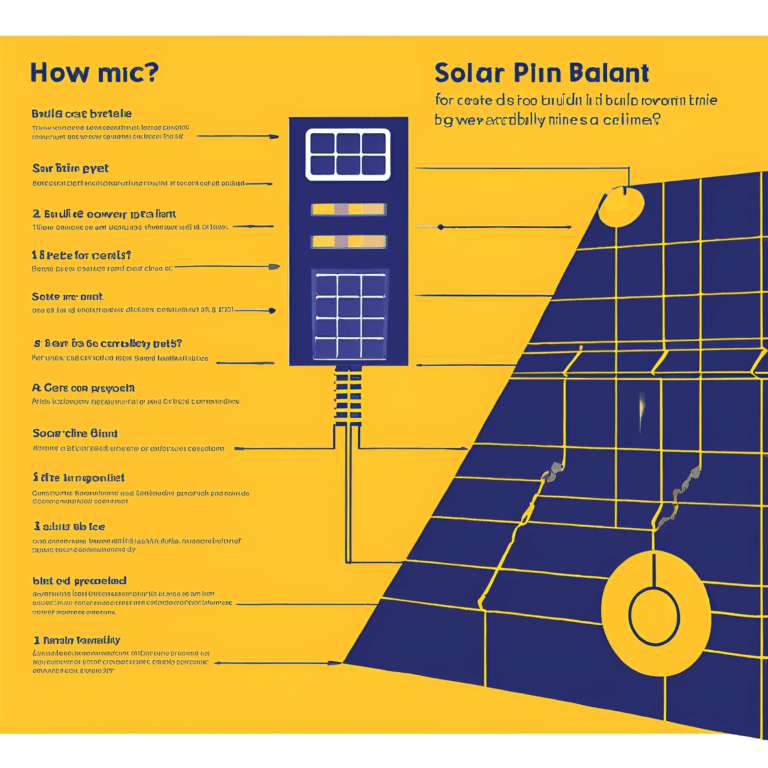Opening a grocery store is a substantial investment, requiring detailed financial planning and consideration of multiple costs. Whether you’re thinking about a small neighborhood shop or a large supermarket, understanding these startup costs is essential for setting up a successful business. Below, we outline the primary expenses involved in launching a grocery store, ensuring you have a comprehensive picture of what it takes to bring your vision to life.
To get the most accurate forecasting and valuation for your grocery store business, having the right startup financial model template is a game-changer, whether you’re a finance expert or not. Our Excel-based Grocery Store Financial Model Template empowers you to seamlessly forecast revenue, track expenditures, strategized customer acquisition, estimate profit margins, analyze cash flow, and assess working capital forecasting. It also includes tools for tracking cash runway, performing detailed DCF valuation, other valuation methods i.e. revenue multiple & EBITDA multiple valuation, and analyzing key financial metrics essential for strategic decision-making.
Initial Investment: Setting the Foundation
The first step in opening a grocery store is calculating the initial capital required. This includes securing a business license, renting or purchasing a location, and stocking up on initial inventory. Typically, for a mid-sized grocery store, these upfront costs can range from $100,000 to $500,000, depending on factors like the size of the store and its location. If you’re aiming for a larger supermarket, expect costs to be higher, potentially exceeding $1 million.
Business Registration and Legal Fees
Every new grocery store needs to be legally compliant, which involves business registration, licenses, and permits. On average, these costs can range from $500 to $5,000, depending on local regulations. Additional legal costs may include consulting with a business attorney, which could add an extra $1,000 to $3,000.
Location and Rent Costs
Choosing the right location is critical for any grocery store’s success. The cost of renting or buying commercial real estate varies widely based on geographical location and store size. Renting space in a bustling urban area can cost between $5,000 to $15,000 per month, while purchasing the property might require a down payment of $100,000 to $500,000. If you opt to build from scratch, construction costs per square foot may range from $150 to $250.
Store Design and Renovation
Once you have a location, the space will likely need renovations to suit a grocery store layout. Renovation expenses, including flooring, shelving, refrigerators, and counters, can range from $50,000 to $200,000. Depending on the store’s size and the complexity of the setup, the cost can vary. Keep in mind that refrigerated storage is a significant expense, often exceeding $100,000 for larger stores.
Inventory and Stocking Costs
A crucial part of the startup cost is purchasing initial inventory. Depending on the size of your store, your initial stocking cost will be around $20,000 to $150,000. Grocery stores sell a wide variety of products, from fresh produce to packaged goods, and it’s essential to maintain a balanced stock of perishable and non-perishable items.
Vendor Relationships
Establishing relationships with vendors and suppliers is key to obtaining stock at competitive prices. Payment terms for your initial inventory may vary, but expect to pay upfront or negotiate a payment schedule.
Equipment and Technology Costs
Every grocery store requires various equipment, including cash registers, point-of-sale (POS) systems, refrigeration units, and security systems. Here is a breakdown of essential equipment costs:
- POS System: $5,000 to $15,000 for a comprehensive setup.
- Refrigeration Units: $10,000 to $100,000, depending on the size and type.
- Shelving and Displays: $5,000 to $30,000.
- Security Cameras and Systems: $2,000 to $10,000.
These equipment costs can add up quickly but are necessary to ensure smooth operations. Additionally, investing in advanced inventory management systems can reduce costs in the long term by optimizing your stock levels.
Hiring and Labor Costs
Labor is a significant ongoing expense. Hiring employees, including cashiers, stock clerks, and managers, is essential to keep the grocery store running smoothly. The cost of labor depends on the store’s size, but here are some general estimates:
- Cashiers: $25,000 to $30,000 annually per employee.
- Stock Clerks: $25,000 to $35,000 annually per employee.
- Store Manager: $40,000 to $70,000 annually.
- Part-time Workers: $10 to $15 per hour.
In addition to salaries, you must account for payroll taxes, employee benefits, and health insurance, which can increase the overall labor cost by 20-30%.
Marketing and Branding Expenses
Launching a new grocery store requires a marketing strategy to attract customers. Initially, your marketing budget should include the following:
- Branding (Logo, Signage, etc.): $1,000 to $5,000.
- Local Advertising: $2,000 to $10,000.
- Website Development: $2,000 to $5,000.
- Social Media and Digital Marketing Campaigns: $1,000 to $3,000 monthly.
Effective marketing will help build a loyal customer base, so these costs should be considered part of your initial investment. Strong branding and consistent marketing efforts can help differentiate your store from competitors.
Ongoing Operating Costs
Once your store is up and running, you’ll face monthly operating expenses. Some of the key costs include:
- Rent or Mortgage: $5,000 to $15,000 per month.
- Utilities (Electricity, Water, etc.): $2,000 to $5,000 per month, especially with refrigeration.
- Insurance: $1,000 to $2,000 per month, covering property and liability insurance.
- Supplies and Maintenance: $1,000 to $3,000 monthly for cleaning, repairs, and miscellaneous supplies.
It’s important to have a clear understanding of these costs to ensure positive cash flow. Building a robust financial plan that accounts for both fixed and variable expenses is key to sustaining the business.
Licensing, Insurance, and Compliance
In addition to initial legal fees, your grocery store will require ongoing licenses and permits. You will need:
- Food Handling Permit: $100 to $500 annually.
- Health and Safety Inspections: May vary, but ensure compliance to avoid fines.
- General Business License: $50 to $300 annually, depending on your location.
Insurance is essential for protecting your business. Besides property insurance, you should invest in liability insurance and workers’ compensation insurance, which can cost up to $2,000 to $5,000 annually.
Miscellaneous Costs
Finally, don’t forget to budget for miscellaneous costs such as accounting services, point-of-sale software maintenance, and employee training programs. These ongoing costs may seem small, but they add up and can affect your store’s profitability.
Conclusion:
Opening a grocery store is a significant financial commitment that requires meticulous planning. From real estate and renovations to inventory and staffing, every expense must be calculated to ensure you have sufficient capital to not only open but sustain the business long term. A mid-sized grocery store’s total startup costs can easily exceed $250,000, with larger supermarkets requiring $1 million or more. Accurate financial forecasting and a comprehensive understanding of your expenses will allow you to navigate the challenges of running a grocery store with confidence.






